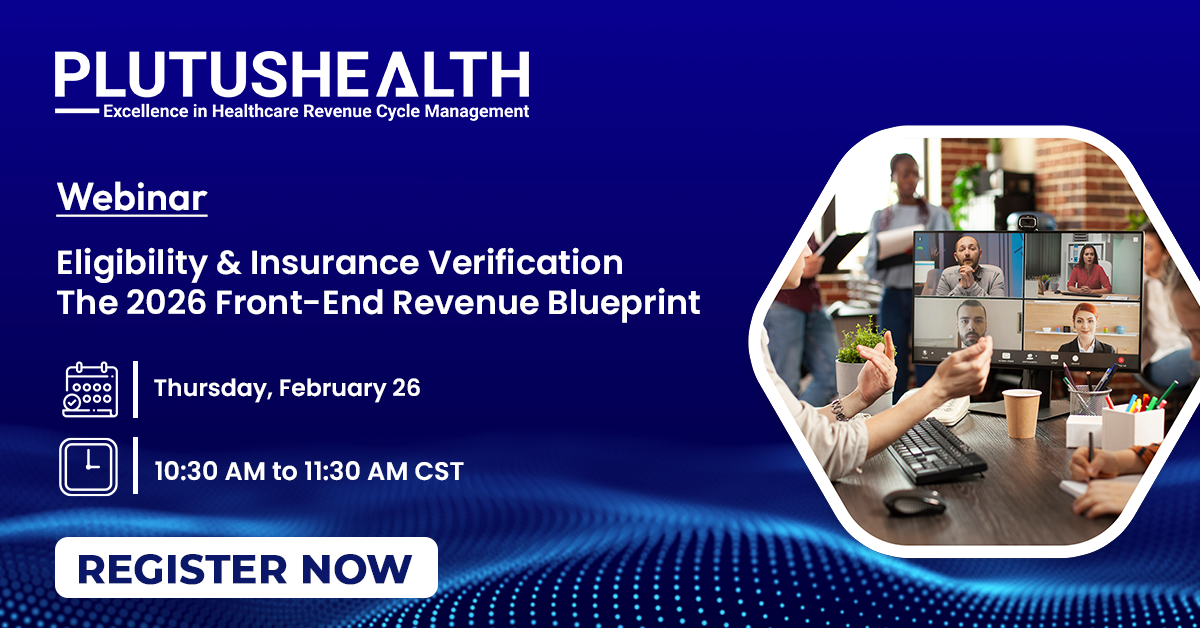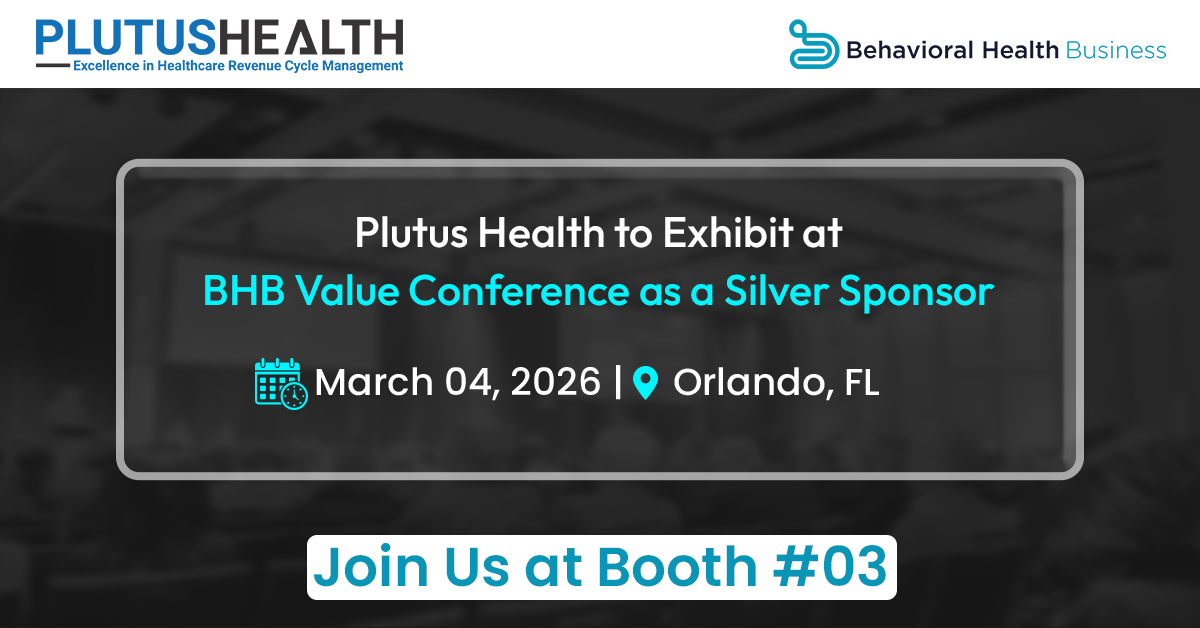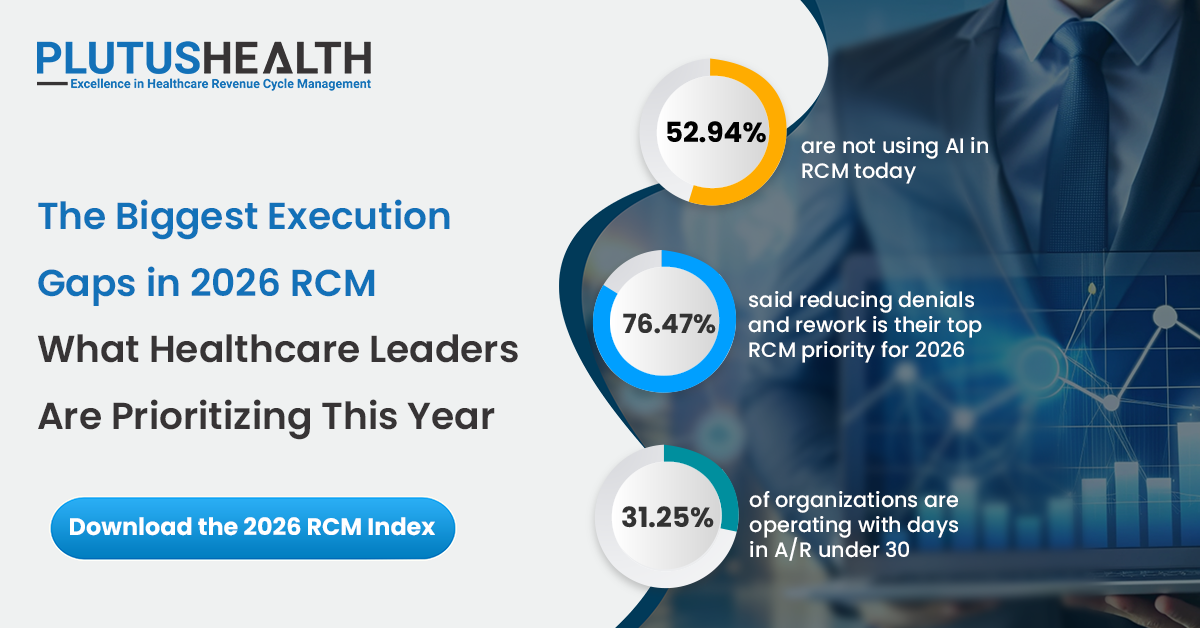4 ASC procedures getting reimbursement boosts by CMS
CMS has recently provided increased reimbursements for multiple procedures and devices. These services will now receive higher returns, making them increasingly financially viable. ASCs should consider adopting these medical treatments when infrastructurally feasible.
Here are four ASC procedures the CMS is reimbursement boosting.
The Guardian Coronary Syndrome Monitor
The Guardian is an implantable device that detects acute coronary syndrome (ACS) events. Once installed subcutaneously, the implant uses machine learning to determine the patient’s baseline.
The Guardian will alert people of heart attacks by monitoring their heart’s electrical activity. For ACS, the Guardian is the first implantable cardiac detection monitor and patient warning system. It has proven more effective at identifying the coronary event than relying on symptoms.
CMS granted the implant a transitional pass-through payment. This decision was part of the 2022 Medicare Hospital Outpatient Prospective Payment System. The payment began on January 1, 2022, and is expected to last two to three years.
Aprevo Spinal Support Implant
Aprevo is an implant designed to correct adult spinal deformities. Unlike most spine implants, Aprevo is customizable to fit particular people. This specification helps the back heal quicker and achieve more precise realignment.
The FDA granted Aprevo Breakthrough Device Designation and 510(k) market clearance, making it the first implant to receive both. CMS gave Aprevo a transitional pass-through payment. This change will provide incremental Medicare payments to outpatient facilities that use the device.
CMS has also given Aprevo the new technology add-on payment, an additional revenue generator in the inpatient setting. On October 1, 2021, both updates went into effect. Aprevo earned both improvements by demonstrating its technology is more effective than other comparable technologies.
Closed-Loop Hypoglossal Nerve Stimulation
Closed-loop hypoglossal nerve stimulation is a sleep apnea treatment. Physicians subcutaneously implant a hypoglossal nerve stimulator to shift a patient’s tongue. The device achieves tongue movement by stimulating the hypoglossal nerve with electricity. Timing this stimulation with the patient’s breathing reduces sleep airway obstruction.
CMS raised the rate for this treatment by over $7,000. In the 2022 ASC final rule, authorities set hypoglossal nerve stimulation at approximately $17,000. However, CMS recognized that they mistakenly calculated using a default device offset of 31 percent. January 1, 2022, was the first date of the reimbursement update set to a national average of $24,828.64.
EnPlace Uterine Stabilizer
EnPlace is a minimally invasive uterine prolapse surgical device. Unlike other uterine stabilization, EnPlace requires no mesh or significant dissection. Surgeons place an anchor through the vaginal wall into the pelvic floor ligament. Most patients do not need to stay overnight at the operation facility.
CMS has modified CPT codes recently to include the procedure used to implant the EnPlace device. This change brings this operation into practical financial consideration. EnPlace will receive appropriate payment as a level 5 GYN. ASCs will also have greater access to the procedure since authorities classified it device-intensive.
Plutus Health maximizes reimbursements and secures quick denial reversals. ASCs that wish to take full advantage of these positive changes should consider hiring a billing and coding service. Talk with one of our representatives to boost your practice’s finances.
Key Takeaways
1. The Guardian implant now qualifies for a transitional pass-through payment.
2. CMS-approved Aprevo for a transitional pass-through payment.
3. Closed-loop hypoglossal nerve stimulation has received boosted reimbursements.
4. CPT codes have been altered to include surgeries using EnPlace.

















































